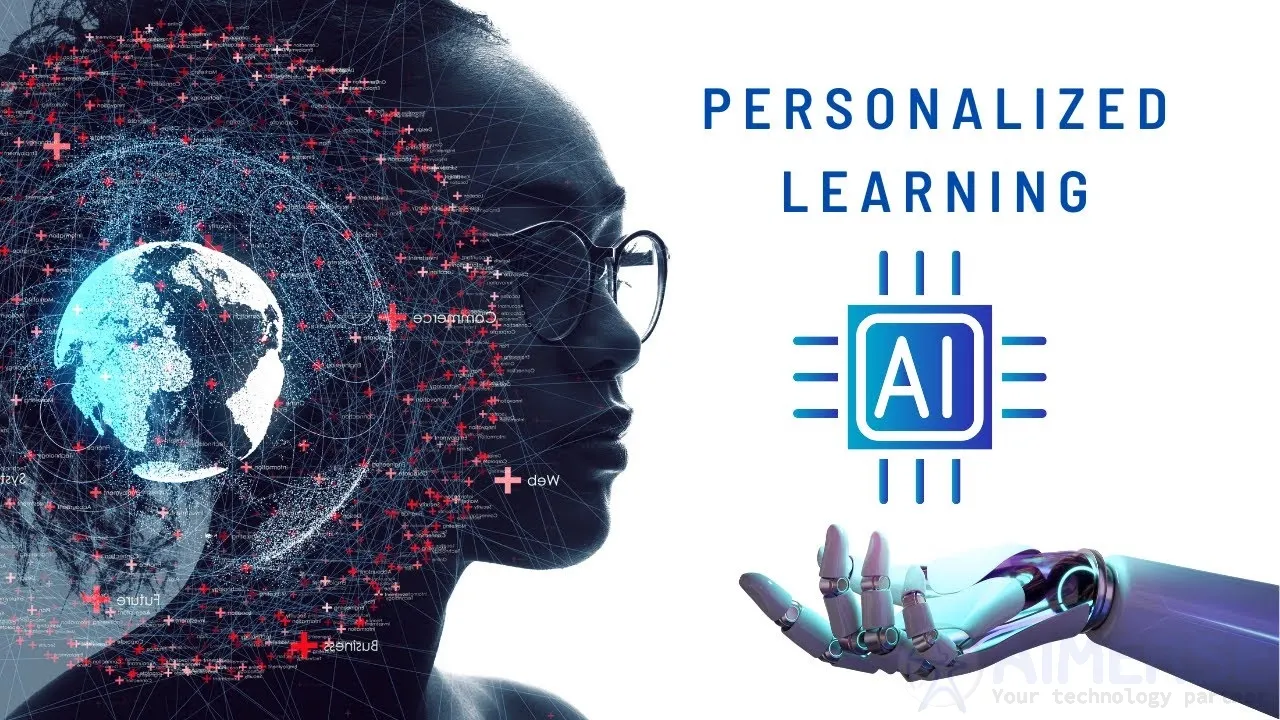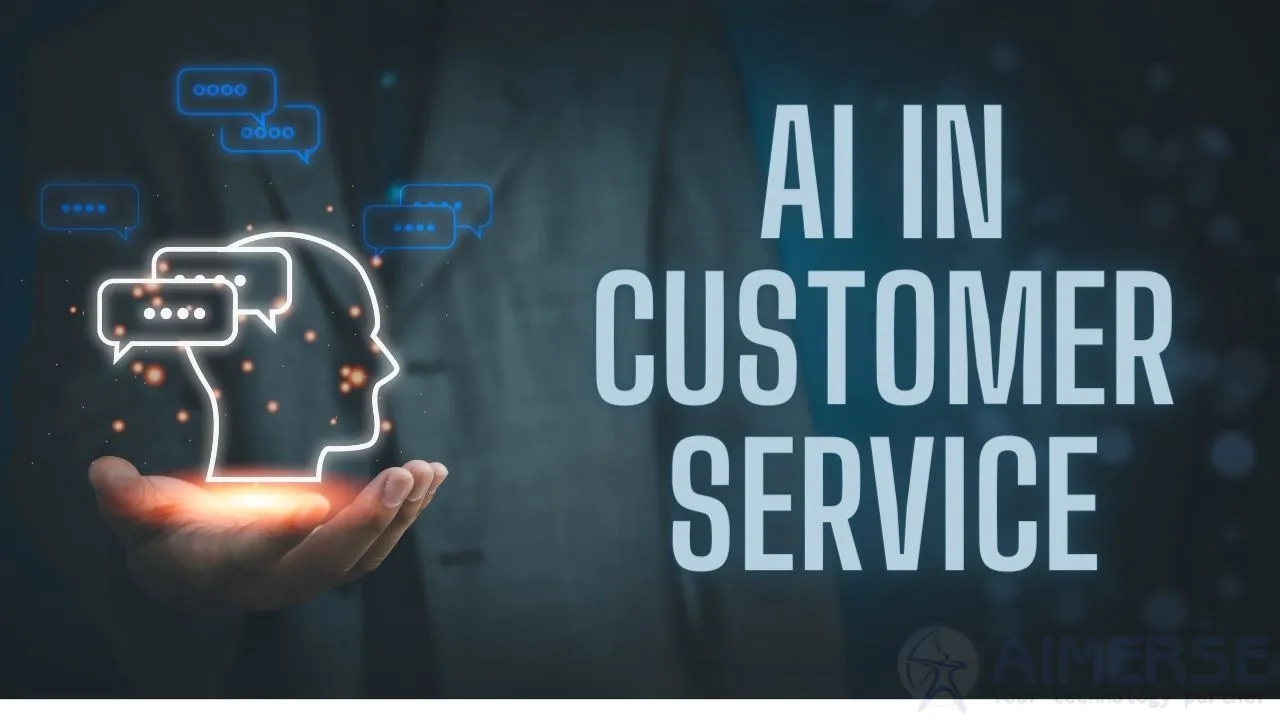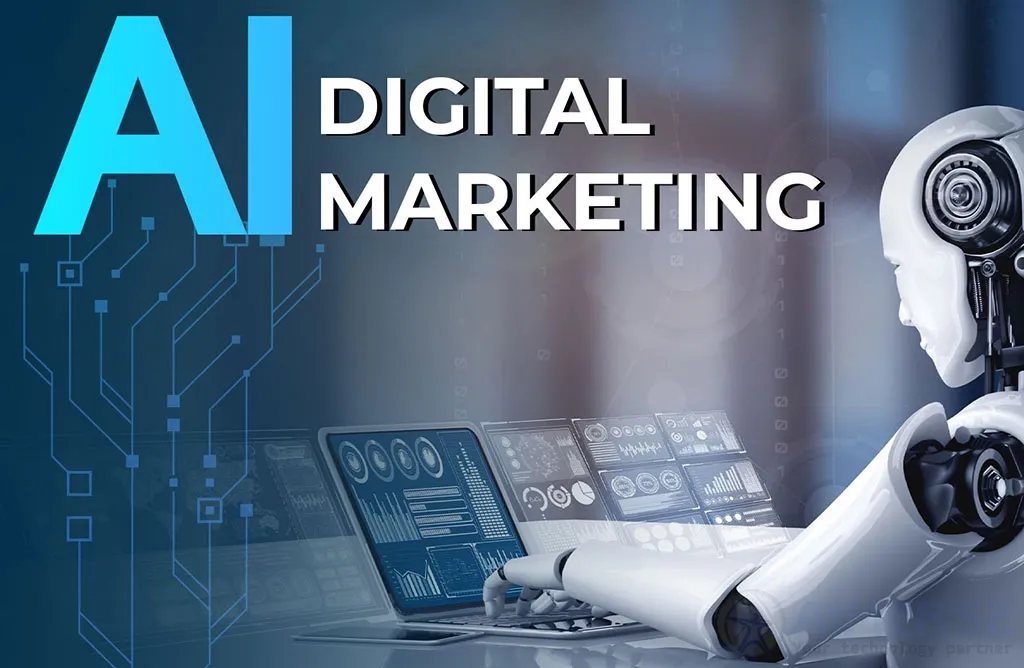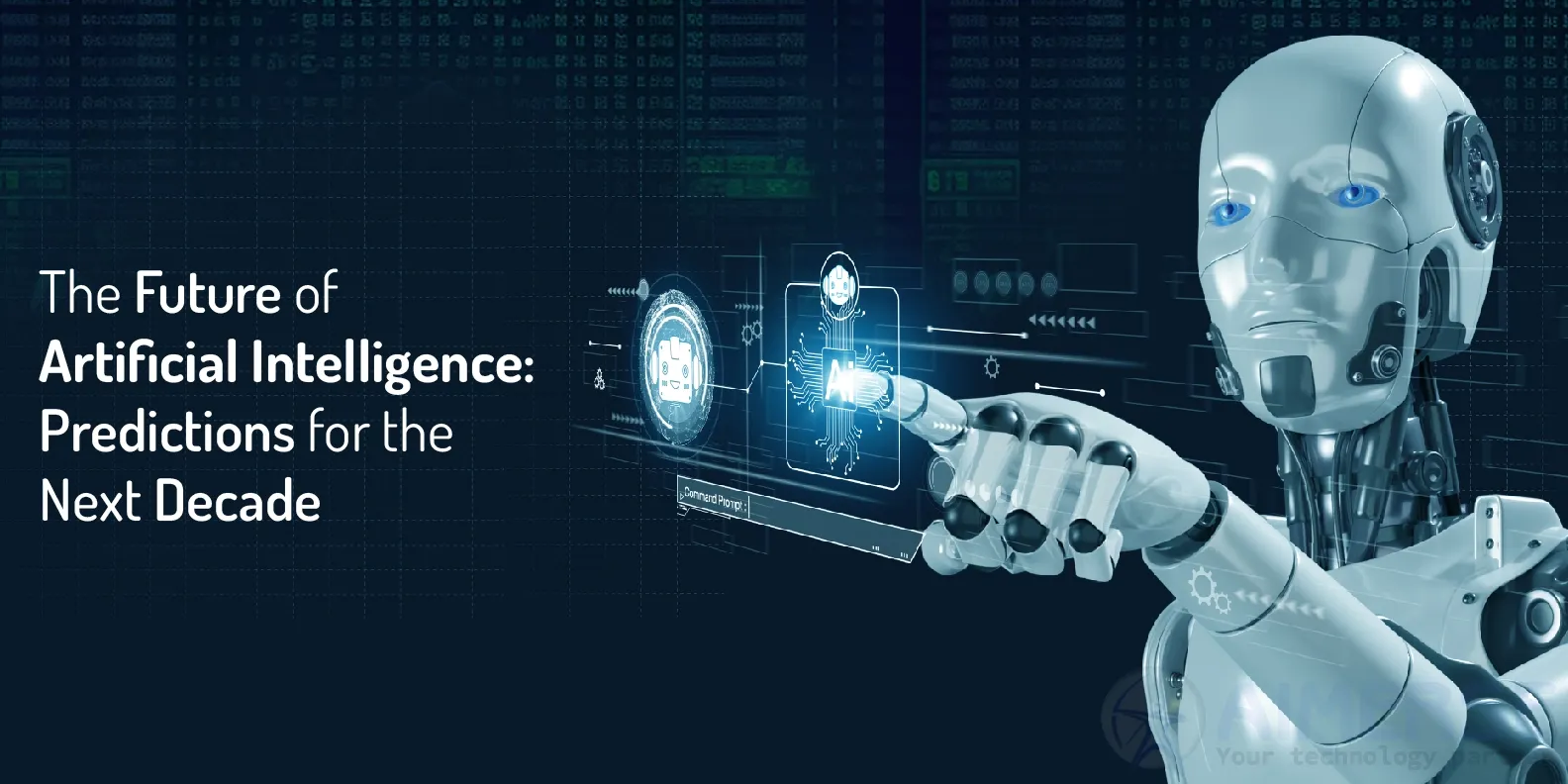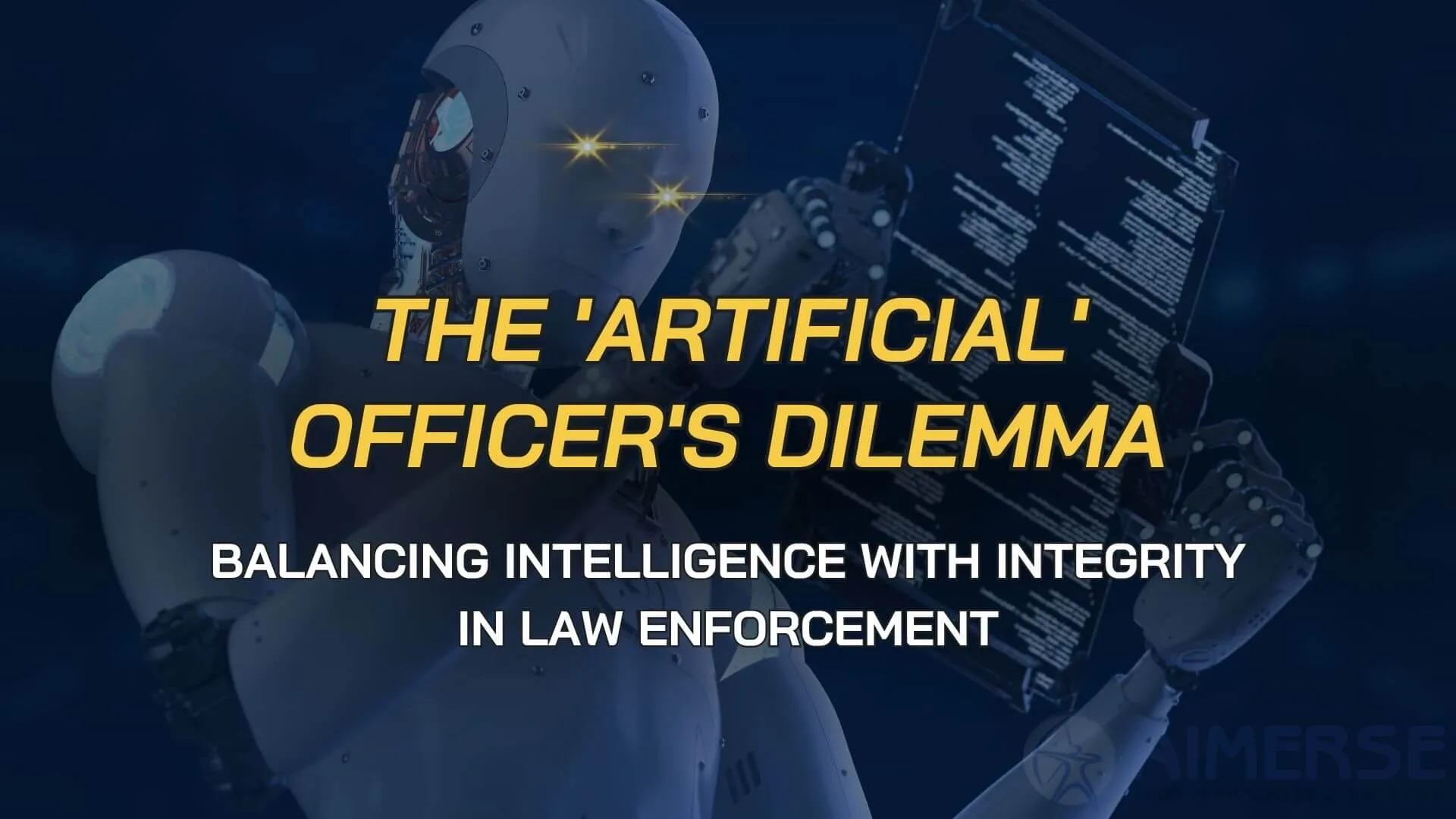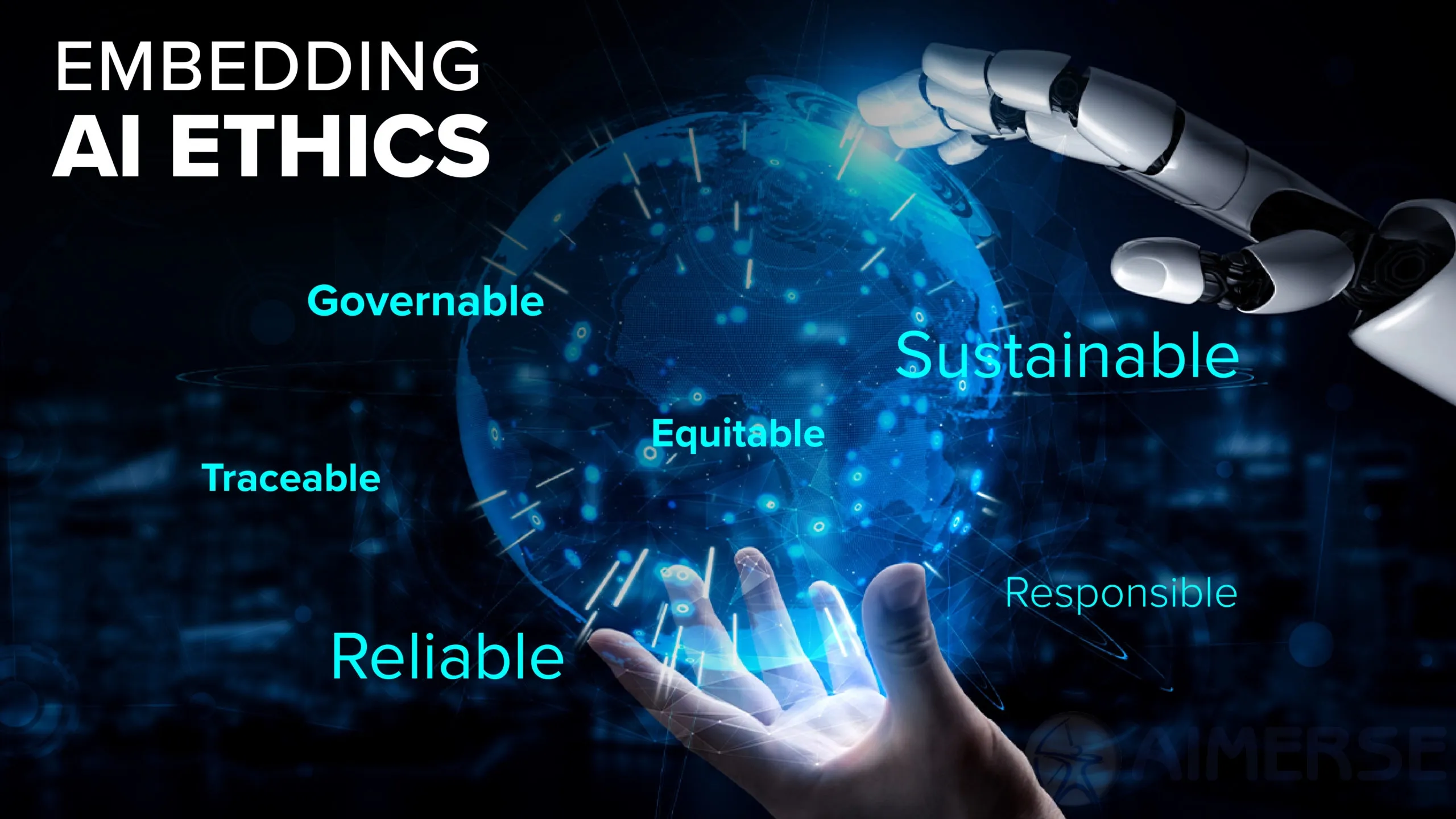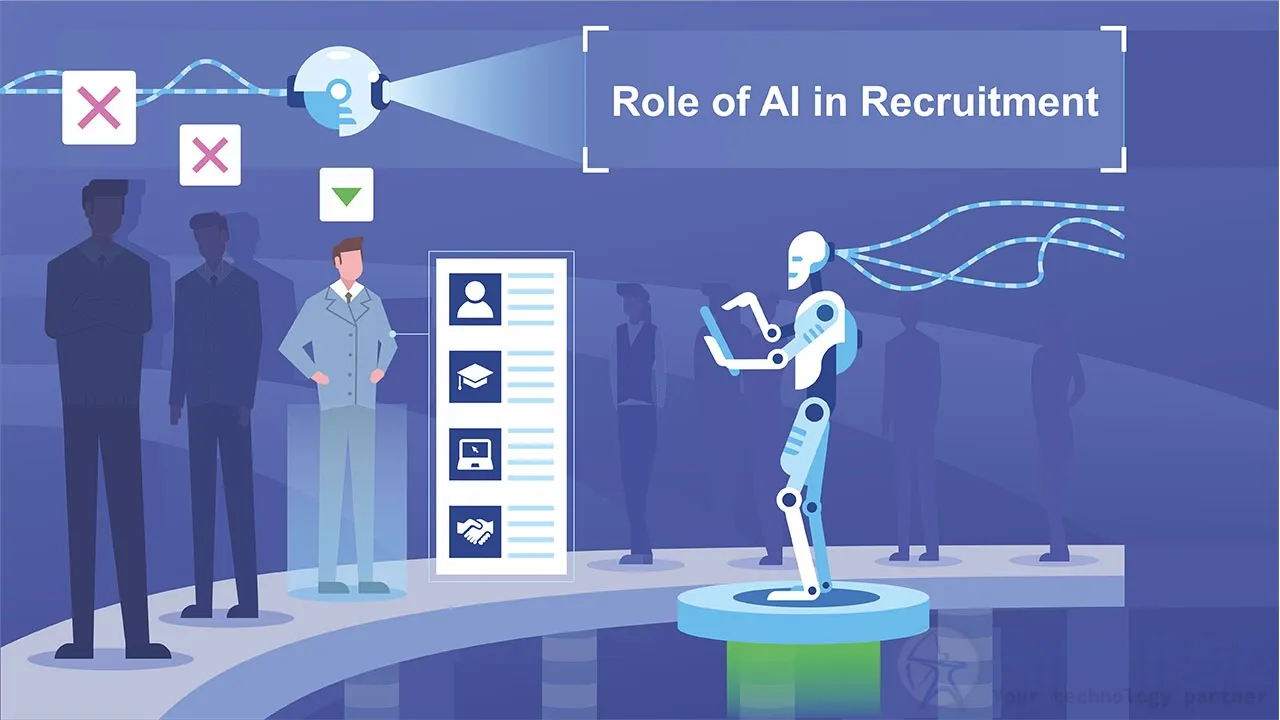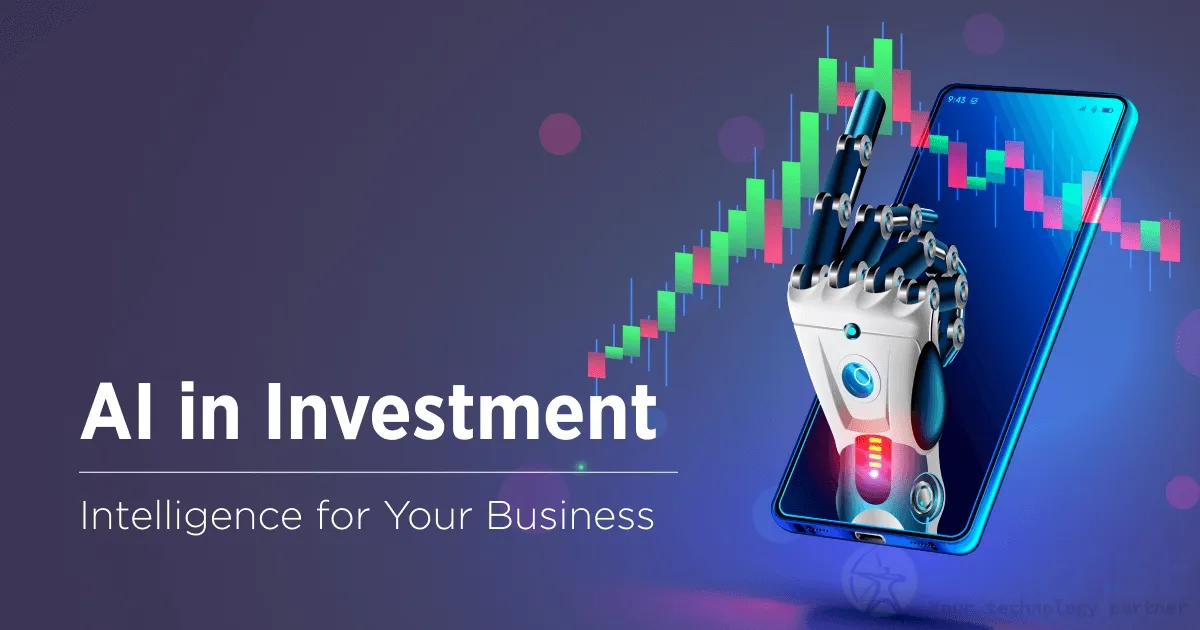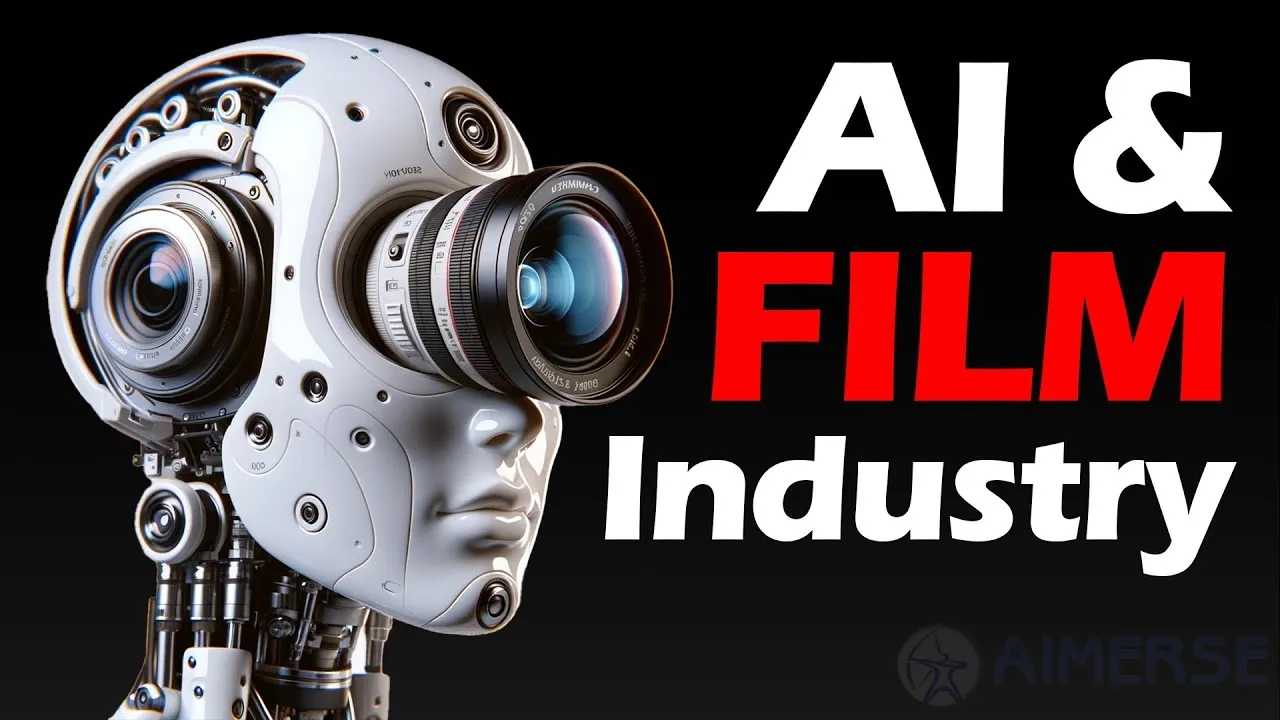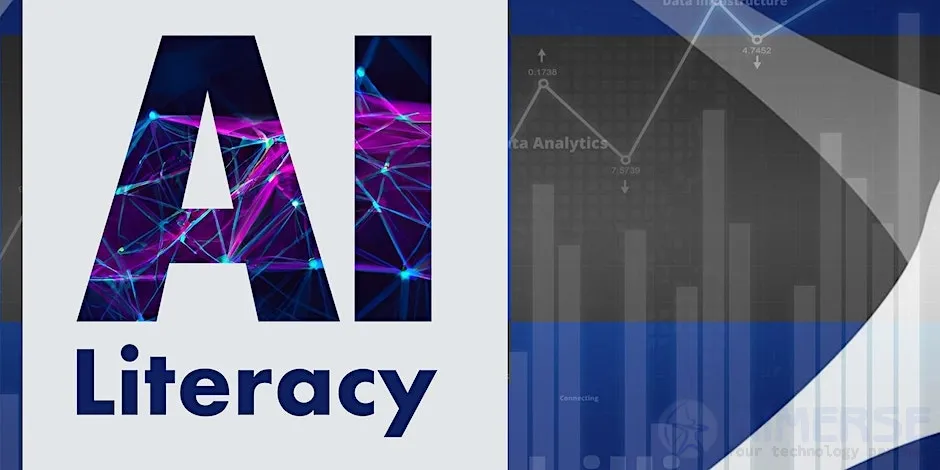AI in Education: Personalized Learning Experiences
Artificial Intelligence is revolutionizing the face of most industries, and education is no exception. It has made huge impacts on how education is undertaken, particularly the most significant effects through personalized learning experiences by the AI system with regard to consideration of the student's unique needs and styles as well as ability. In that way, engagement levels are also greatly improved, along with results in learning.
AI Role in Personalized Learning
Traditional models of education have, in their instructions to the students, often adopted a cookie-cutter approach; however, learners vary, with diversified needs. In AI, these are analyzed together with data, for instance, performance from students and learning styles in preference to present a customized approach towards learning to ensure there is proper instructing of a student according to his or her needs for learning.
Key benefits of AI-enabled personalized learning
- Adaptive pathways: AI systems can adjust the difficulty and pace of lessons in real-time in order to ensure that students remain challenged and are not overwhelmed.
- Instant feedback: It will be accessed via AI-based resources, through which learners will be able to quickly identify deficits.
- Resource recommendations: The AI is an adaptive system; therefore, this system will recommend additional resources that may be relevant for supplementary consumption, such as videos, articles, or even interactive simulations, as per the progress.
- Improved Engagement: Tailored content engages the learner more as the information learned is aligned with their interest and learning styles.
AI in Education Implementations
Several institutions of learning have started using AI in one way or another to improve personalized learning:
- AI Tutors: Virtual tutors supplement the learning that occurs in a class by explaining and answering questions, thereby reinforcing learning.
- Intelligent Content Generation: AI allows for generating individual learning material such as practice tests and other learning resources for a specific learner.
- Predictive Analytics: Based on student data, AI can predict the outcome of learning, identify students who are likely to fail, and thus provide an opportunity to intervene before this is not the case.
Challenges and Considerations
Meaningful use of AI in education poses several challenges
- Data Privacy: The most important is the protection of the student's data. The AI systems must monitor that the data privacy laws are implemented and that sensitive information is protected.
- Equity: There must be equal access to AI-driven tools to avoid an increase in the digital divide among the various socio-economic groups of students.
- Teacher Roles: The teacher will now play new roles as well, with AI in teaching instead of using it against learning.
Conclusion
Tomorrow, the education scenario is sure to be a seamless combination of AI that will be applied for bettering learning-education. Education is going to need more concerted action between teachers and institutions by exploiting the total force of AI in improving outcomes for education.
We, at Aimerse Technologies, design custom software solutions using React.js, Node.js, Python Django, Laravel, and Java Spring Boot technologies. Our skill sets help in the development of an innovative education platform that makes use of AI for a personalized learning experience, which increases engagement and success in learning.
